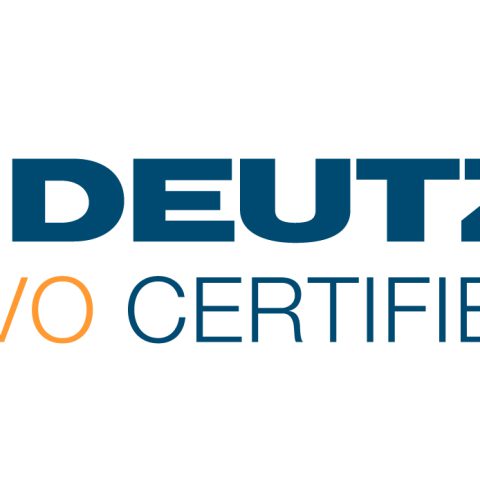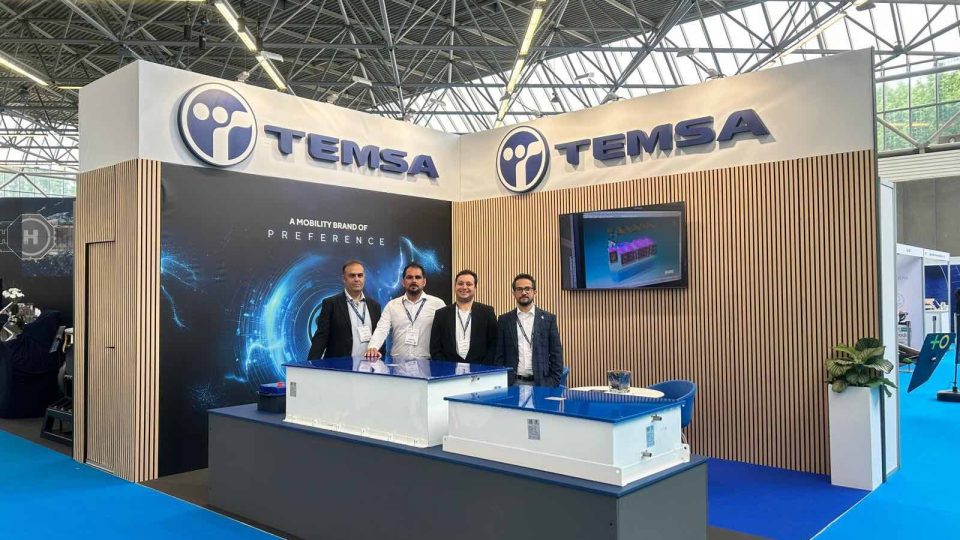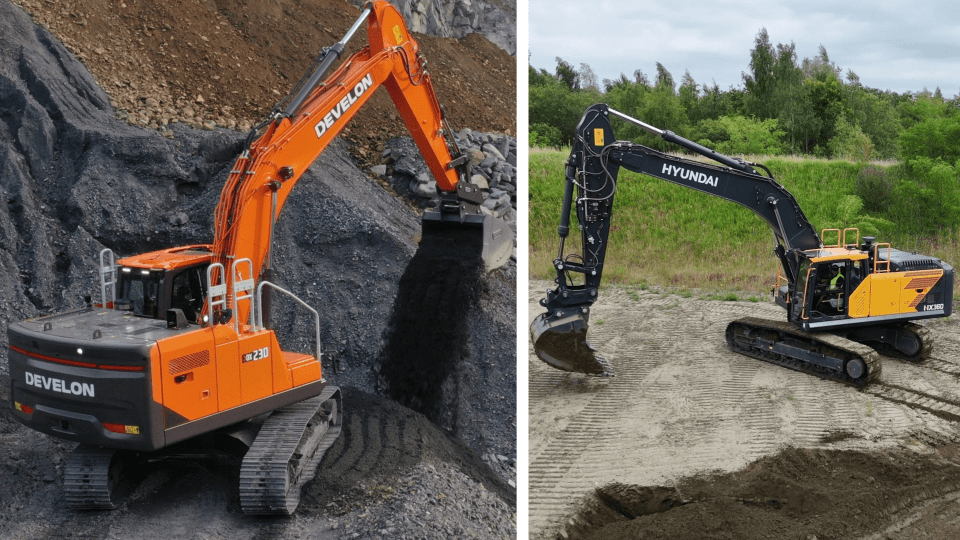Deutz approves engines for HVO
With immediate effect, Deuz is approving its entire TCD engine portfolio for use with alternative diesel fuels. This means that paraffinic diesel fuels such as HVO (hydrotreated vegetable oil) can now be used to run all Deutz engines that meet the EU Stage V emissions standard, including the TCD 5.2 series.

With immediate effect, Deuz is approving its entire TCD engine portfolio for use with alternative diesel fuels such as HVO (hydrotreated vegetable oil), which can now be used to run all Deutz engines that meet the EU Stage V emissions standard, including the TCD 5.2 series. HVO is an innovative biofuel produced from biological waste, manure, and used cooking oils and fats and thus does not compete with food production. The use of HVO fuels reduces the carbon footprint of Deutz’s engines by up to 95 percent.
“We are offering our customers more than one route to climate neutrality. The approval of HVO and additional fuels for our drives complements our E-Deutz program and our hydrogen activities. This represents another big step in our Taking Responsibility sustainability strategy,” says Markus Müller, member of the Deutz AG Board of Management with responsibility for technology and sales.
EN 15940-standard paraffinic fuel is compatible with fossil diesel, and the two fuels can be mixed and used in any ratio. Synthetic fuels, known as e-fuels, will complement paraffinic diesel fuels in the medium term. These e-fuels are produced using hydrogen generated with renewable energy, combined with carbon dioxide from the air or from industrial processes.
The Technical Circular “Fuels 0199-99-01218/6” provides all the details on which fuels are currently approved for which engines. For more information, click here.











